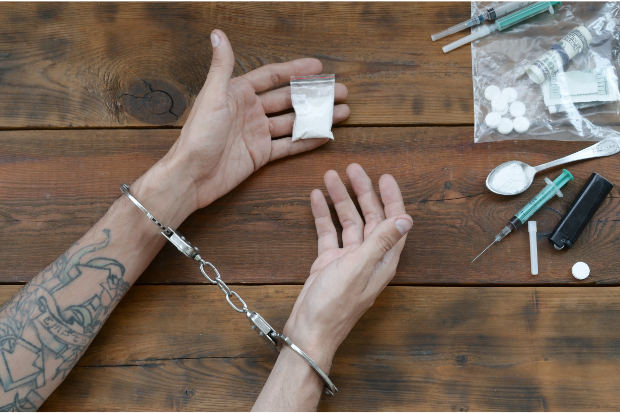
INQUIRER.net stock photos
(Last of two parts)
MANILA, Philippines — Advocates pressing for more humane treatment of drug dependents have expressed hope that President Ferdinand Marcos Jr. will fully implement the Philippine government’s Joint Program on Human Rights with the United Nations (UN).
The country entered into that landmark agreement in 2021, even amid the drug war on President Rodrigo Duterte’s watch — a policy marked by killings that targeted the poor, whereas no drug dependent among the upper class had ever been reported caught.
To be sure, the joint program has an attached budget of $10.2 million.
With its aim to establish human rights reforms in the Philippines’ antidrug campaign, it is “unique in the world [and] unprecedented,” said Olivier Lermet, senior resident policy adviser of the UN Office of Drugs and Crime in the Philippines.
Yet the joint program has a limited period — ending in July 2024. With only that much time left, observers of the country’s drug situation want more committed support from the government on that agreement it signed.
Marcos commitment
Contained in the 44-page program are six identified areas of technical cooperation and capacity-building.
These are human rights-based approaches to drug control; strengthening domestic investigation and accountability mechanisms; improved data gathering on alleged police violations; civic space and engagement with the Commission on Human Rights (CHR) and civil society; strengthening the national mechanism for reporting and follow-up; and a human rights-based approach as well to counterterrorism.
The UN had commended Marcos’ earlier statements affirming a holistic approach to the drug problem, as Lermet noted.
“We have an administration that is giving signs of wanting to deliver on its human rights commitment. We have some progress engaging with it but it’s still fragile,” he told the Inquirer at a conference in Melbourne in April where others quoted in this story were also interviewed.
“The Philippines can be an example for other countries in modifying its drug policy,” he also said. “If the [country] makes it, this will be the most significant drug policy change in Southeast Asia.”
Gustavo Gonzales, UN resident coordinator in the Philippines, lauded the country’s positive response to the UN Human Rights Council’s offer last year of technical cooperation in promoting human rights, through the UN joint program and other international commitments.
“We are extremely encouraged by President Marcos’ recognition that drugs is a public health issue, and we in the UN commit to working with the Philippines to make a reformed drug policy happen,” he told the Inquirer in an interview during a conference on public health and substance abuse held in Antipolo City last month.
“We need to learn from history, and it is important now to find solutions because the CHR and civil society partners have placed their strong commitment to the development agenda. It would be more interesting if there is political commitment,” Gonzales also said.
Stepping up
But other observers said the government should step up in reorienting its drug policy from the brutality of the Duterte era.
“A lot of damage has been done on people involved in drugs, and these were disrespectful of their rights,” said Inez Feria, executive director of NoBox Transitions Philippines, the group to first openly advocate for a health and rights approach to the drug problem.
She noted that some segments in government were still resistant to shifting the discussion on drugs.
“There are now open spaces to look at the public health aspect of drug use, and education for young people,” Feria said.
Former CHR Commissioner Karen Gomez Dumpit said: “We need to understand the circumstances of persons who use substances and how they feed on and maintain their use. People will appreciate [it] if the government prevents crimes by helping people get wind of their drug dependence and have a full understanding and appreciation of addiction.”
She noted the futility of “working on quotas on arrests and kilos in addressing crime” when the government cannot cope with jail congestion because of the mass arrests.
Lawyer Mary Catherine Alvarez, executive director of legal group StreetLaw PH, affirmed that view, saying that “no amount of help can ease the jails if the law remains punitive and even if we gather many lawyers to help. There is an urgent need to change the policy.”
The law essentially mandating the country’s drug enforcement is Republic Act (RA) No. 9165, or the Comprehensive Dangerous Drugs Act of 2002.
RA 9165 imposes penalties on drug trafficking as well as on the “use of dangerous drugs,” and includes marijuana among that prohibited category, although it has been legalized in other countries for medical and recreational purposes.